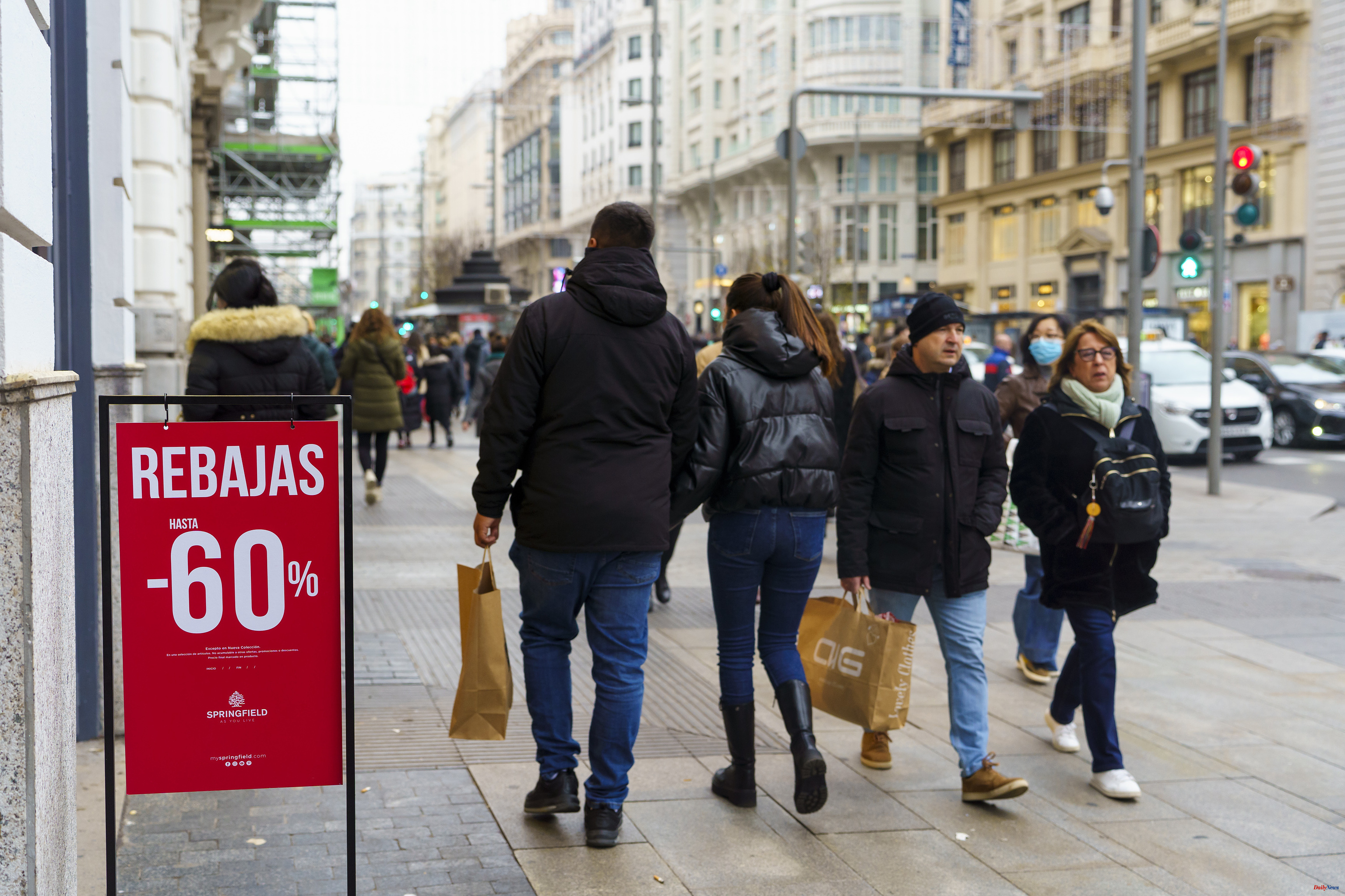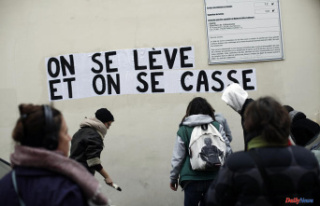"In a context of inflation like the current one, in which families are making significant efforts to be able to cope with the basic shopping basket, clothing is considered a secondary good and people pull from the bottom of the wardrobe." The reflection made in conversation with EL MUNDO by a businessman in the textile sector suggests that the industry, which has resisted the first onslaught considerably, could already be beginning to feel the impact of the inflationary crisis.
Various sources consulted agree that the textile sector has maintained a positive trend at the beginning of the year thanks to the sales campaign, although the growth rate of sales has moderated as inflation has continued to rise -it rose two tenths in February, up to 6.1%, according to the latest data from the National Institute of Statistics.
With the figures on the table, sales increased by 5.8% in February compared to the same month last year, compared to 9.9% that had risen in January. This is reflected in the records of the Textile, Accessories and Leather Trade Business Association (Acotex), which recorded an increase of 7.8% in the accumulated annual figure.
From the textile employers they recognize that this increase is due to the fact that the end of the sales campaign has been "a little better" than last year, but, nevertheless, it has resulted in a "quite moderate" increase in sales ». In this sense, the businessmen emphasize that the rise in sales in February compared to January of this year was "considerably less", on the one hand, due to the fact that, like the autumn/winter campaign, in general terms, "it has been good", the sales have behaved with a "slight" increase in sales.
From Acotex they explain that when the product is sold in season there have not been large discounts and, on the other hand, they warn that "how the customer looks at his pocket" is beginning to be perceived, with less disposable income in a context of high CPI and with energy costs still high, to which is added the elimination of fuel aid by the Government and other factors such as the increase in interest rates and the increase in mortgage prices.
But in addition to influencing the complexity of the economic context, from the employers' association of the textile sector they warn that a 2023 is coming marked by "great uncertainty" in the political landscape. "We are in an electoral year," says the president of Acotex, Eduardo Zamácola, referring to the municipal elections that will take place in May and the general elections that will be held in December, as President Pedro Sánchez has already advanced.
Although the uncertainty in the sector is not exclusive to Spain, since at the end of last year a survey carried out by McKinsey among 200 executives of the textile industry already drew a scenario of a slowdown in activity and a drop in sales of the main companies in the sector worldwide, with inflation as the biggest challenge on the short-term horizon.
According to the criteria of The Trust Project












